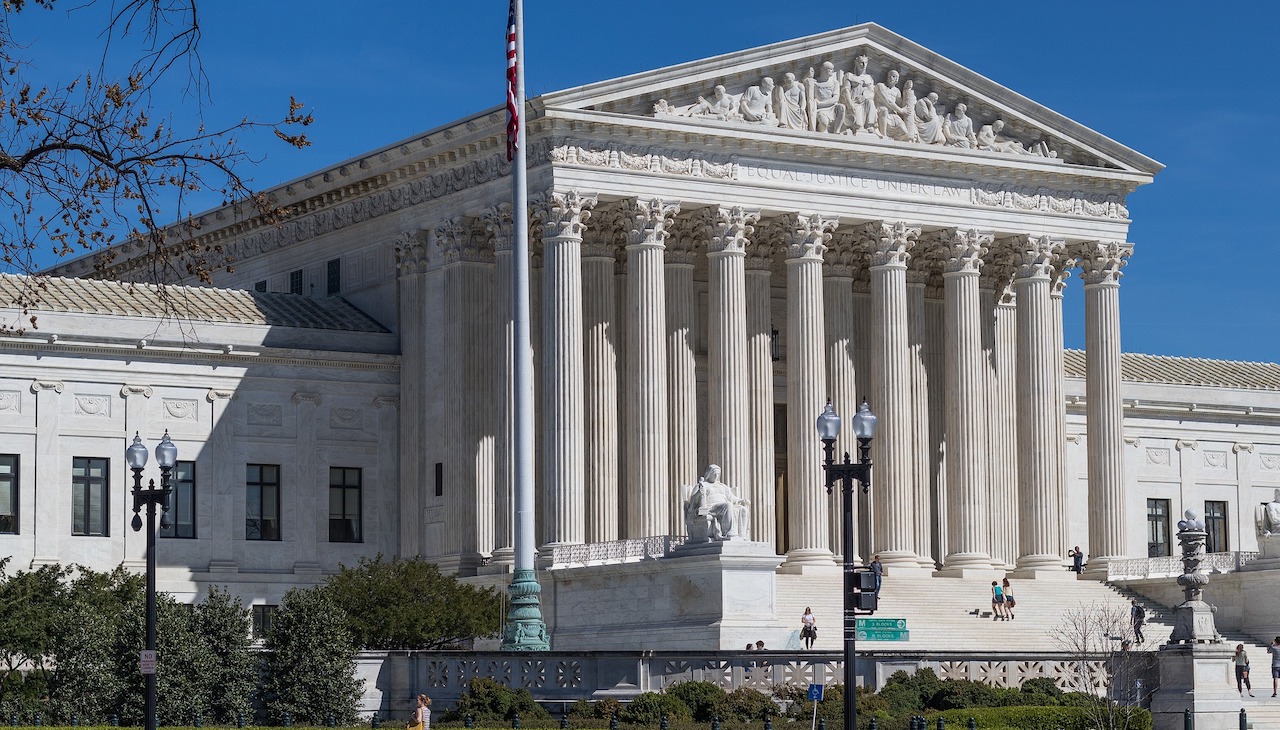
PA Republicans’ claim of racial influence on redistricting maps rejected by U.S. Supreme Court
Supreme Court not getting in the middle of the PA legislature’s redistricting challenge.
On Halloween night, Oct. 31, Pennsylvania House Majority Leader Kerry Benninghoff saw his legislative redistricting challenge denied by the U.S. Supreme Court.
The court refused to hear the case involving the drawing of the state’s House and Senate Districts, in which Benninghoff accused the map drawers of allegedly using race as the main influence in how the maps were created. The Legislative Redistricting Commission created 14 majority minority districts.
Benninghoff initially received support from two Latino advocacy groups that also argued that redrawing created additional districts in majority Latino cities, such as Allentown, that divided communities and further weakened Latino votes.
This comes after the U.S. Supreme Court turned a blind eye in March to PA Republicans trying to block court-ordered congressional redistricting plans from the state that were more favorable to Democrats. The justices agreed to let the maps selected by each state’s Supreme Court be in use for the upcoming midterms.
They denied the petition filed in Benninghoff v. 2021 Legislative Reapportionment Commission. Benninghoff initially challenged the maps drawn after the 2020 census and affirmed that the process was in violation of the PA State Constitution.
The PA Supreme Court however, did not see eye to eye with the House majority leader and on Monday, the U.S. Supreme Court denied the petition.
Benninghoff also argued that it is in violation of the country’s 14th and 15th Amendments of the Constitution. He told the court that these maps should be replaced with ones that are in compliance with state and federal law. Benninghoff petitioned the U.S. Supreme Court to reverse the decision from the state Supreme Court to uphold the maps.
RELATED CONTENT
“We view this decision as a further validation of our committed efforts to ensure that the plan we adopted fully complied with the requirements of both state and federal law,” said Mark A. Nordenberg, Chair of the Legislative Redistricting Commission. “This action of our nation’s highest Court also can be seen as a validation of both the 4 to 1 bipartisan vote within the Commission itself to adopt the plan and the unanimous decision of the Pennsylvania Supreme Court upholding it.”
Jason Gottesman, a spokesperson for Benninghoff, said the House Majority Leader was “disappointed and continue[s] to believe these maps improperly dilute the power of minority voters.”
Benninghoff’s team asked the Supreme Court to decide if the districts drawn for “transparently racial reasons,” in which they considered to be beyond required by the Voting Rights Act, are constitutional only because the legislative commission was in compliance with traditional redistricting rules.
The map makers redrew the lines around eastern PA cities that include Lancaster, Harrisburg, Reading, and Allentown.
Nordenberg said the redrawing was necessary to adequately and appropriately match recent shifts of state population from west to east in hopes of expanding minority communities’ voice in the General Assembly.
The new maps that are to be in effect for the midterms are also more tightly packed and additionally decreases the number of county and municipal splits compared to the one created by a Republican-friendly commission almost a decade ago in 2012.










LEAVE A COMMENT: